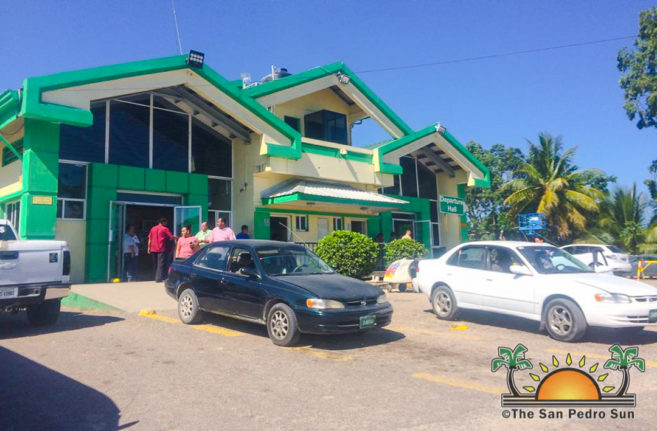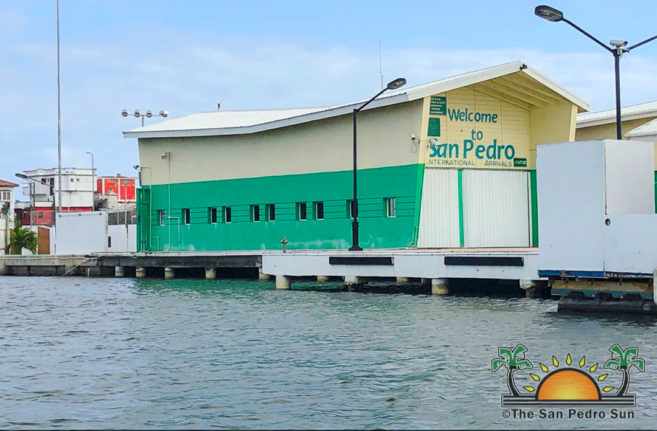Monday, February 7th, the land borders and seaports with Guatemala and Mexico will fully re-open. The government has been working on specific measures to avoid any potential COVID-19 outbreak. Some of these requirements indicate that only fully vaccinated persons can travel through these borders. No COVID-19 test will be required for trips less than 24 hours upon returning to Belize. However, for any overnight traveling, a test is needed to enter the country at the cost of $100 per person.

According to the Ministry of Health and Wellness, the border will be open from 6AM to 10PM every day. Every traveler will receive a small record for their health status that is date stamped and filled with other information. When the person returns, the public health inspector screening at the point of entry will review the record. The ministry asks people to be honest and let such officers know if they feel ill and need to isolate infected persons and avoid a super spreader properly.
The Minister of Health and Wellness, Honourable Kevin Bernard, said that these measures should not dissuade Belizeans from traveling across the borders. These measures are to address the ongoing pandemic and protect the country from this disease. “We are now opening our borders, and we have to have certain restrictions. We have to put some measures in place,” said Bernard.

What happens if you test positive?
Besides the additional $100 for a COVID-19 test at the border, there is more expense if overnight travelers test positive for the virus. According to the ministry, positive COVID persons, who are not traveling in their own transport, will be required to hire a Gold Standard transportation back home from the border.
Currently, the cases of COVID-19 have started to dwindle once again with more recoveries against infections. Although cases have been on the rise in the past months in Guatemala and Mexico, an improvement has been observed on the Mexican side. The Mexican State of Quintana Roo government, bordering northern Belize, has indicated that they will ease down the COVID alert as infections and hospitalizations have reduced. However, all travelers are reminded not to bring down their guard and to continue following the health protocols, proper hand hygiene, social distancing, mask wearing in public areas, and getting vaccinated.

